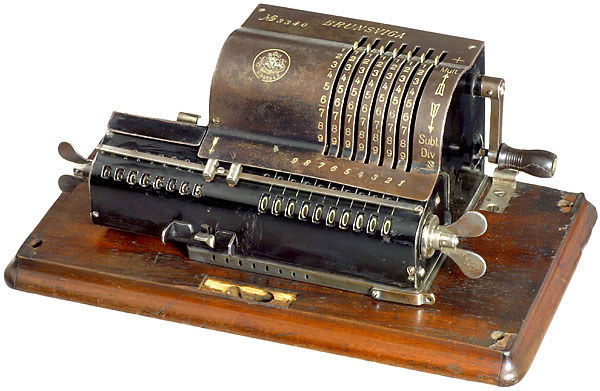 |
| Just give me the damn marijuana ticket, officer! |
Will this progressive city action have enough leverage to force Pinellas county do something as well? The Pinellas County Sheriff seems to be a stumbling block against reasonable change. For example, after initially saying he was for medical marijuana, he came out forcefully against the actual medical marijuana constitutional amendment by implying that illegal pot and other substances would flood the safe streets of Pinellas if it passed. Clearly, he prefers having more arrests as higher stats from misdemeanor and felony marijuana arrests fuel his arguments for ever greater funding even at a time when studies show that violent crime is down in Pinellas County. The Pinellas county commission should direct more police funding toward reducing violent crime or support a capable sheriff who will.
Ultimately it's a question of fairness. Do we really want nosey officers smelling for marijuana to avoid procuring necessary and proper search warrants? Is it fair that a college student in Miami with a small amount of marijuana is treated differently than a similar student in Largo or Clearwater? Is it fair to spend limited law enforcement and prosecutorial funds on a nonviolent offense that's legal in over half the country? Is it fair to make rape victims wait for justice because the State of Florida does not have enough money to fund thousands of backlogged rape kits?

